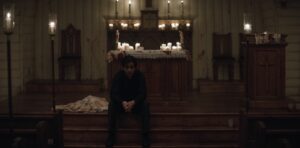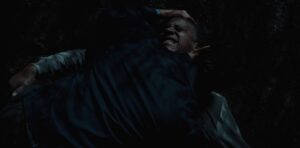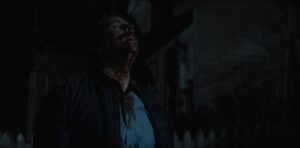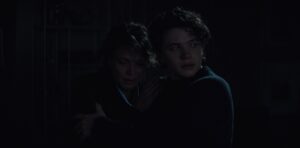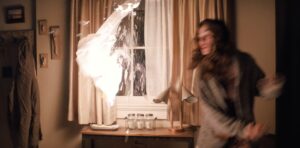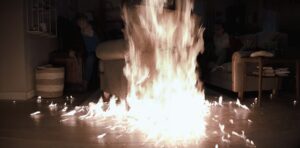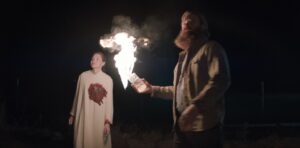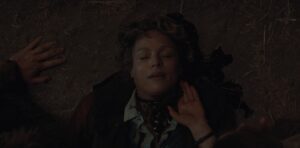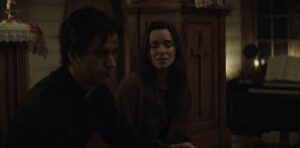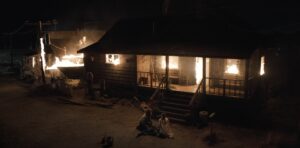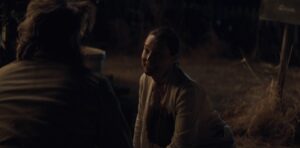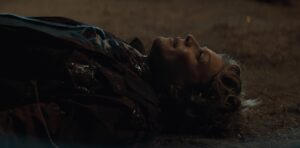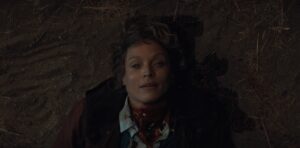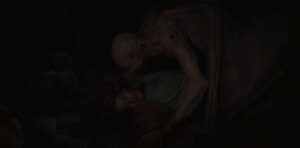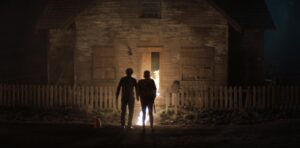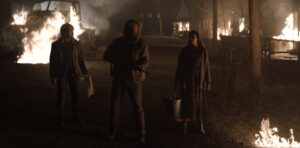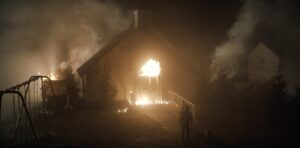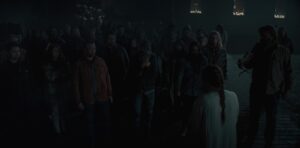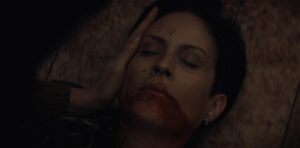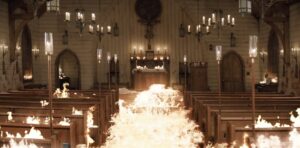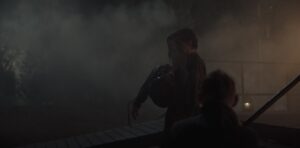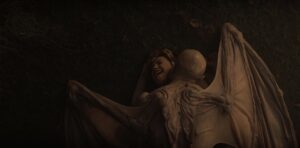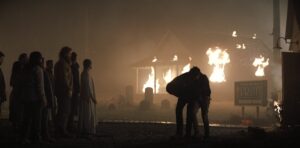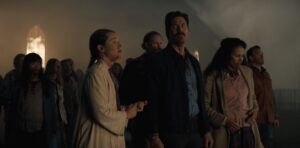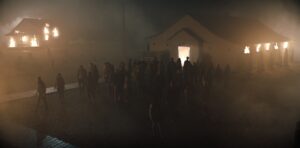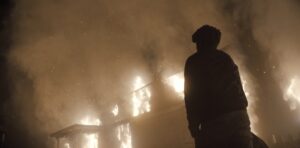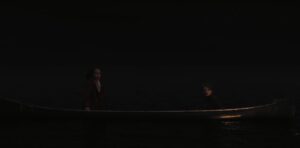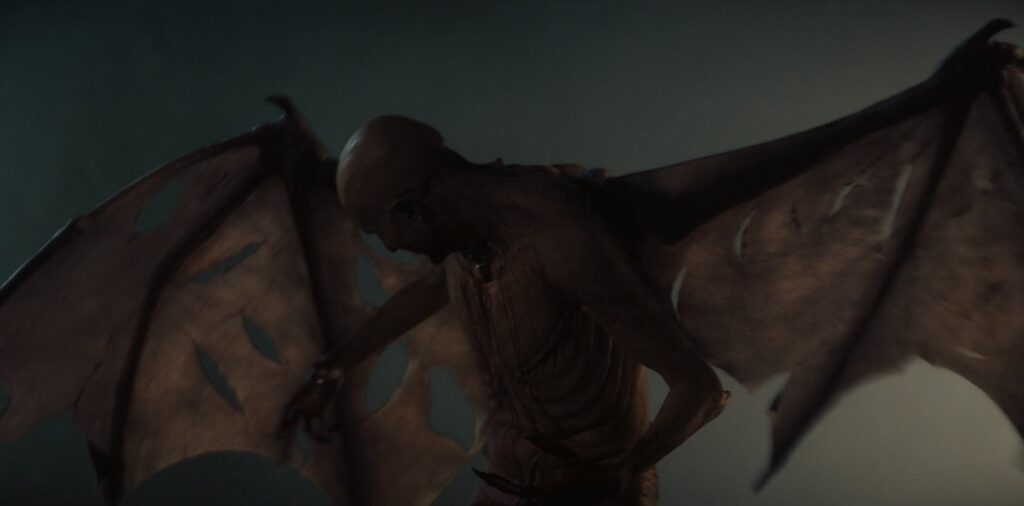
Mike Flanagan’s Midnight Mass isn’t an ordinary horror. It’s trauma soaked into every pore. It’s the hollow ache of loss. The desperate crawl toward faith when nothing else makes sense. And it’s the very human ability to lie to ourselves over and over again, in the name of hope. You can’t really talk about Midnight Mass without getting into the psychology of belief systems, guilt, redemption, and addiction. And maybe that’s why this show hits way deeper than a bunch of “vampires on an island” ever should. It’s not scary because of the blood, although yeah, there’s plenty. It’s scary because it knows us, our broken parts, our wishful thinking, our capacity for denial.
Let’s get into it.
Faith Isn’t Always About God.
At the center of Midnight Mass is the idea that people don’t always believe because of God. They believe because belief gives structure to the chaos inside. Take Bev Keane. (God, take her.) She’s the poster child for weaponized faith. Her devotion isn’t love. It’s control. Bev uses religion like a whip, like a gun. She needs to feel morally superior because if she doesn’t, she has to face the void inside herself, and that’s a battle she’s too much of a coward to fight. In psychology, this falls under something called external locus of control. It’s when people feel like they can’t influence their lives from within, so they cling to outside forces. Bev’s faith isn’t a journey inward. It’s a fortress against accountability. And when Father Paul (who, let’s face it, is Monsignor Pruitt) brings his “miracle,” it’s not about God. It’s about a shortcut to meaning. Healing, rebirth, immortality, all without doing the hard work of facing grief, aging, death. Flanagan’s saying something brutal here: “We don’t want salvation. We want control over our terror of meaninglessness.“
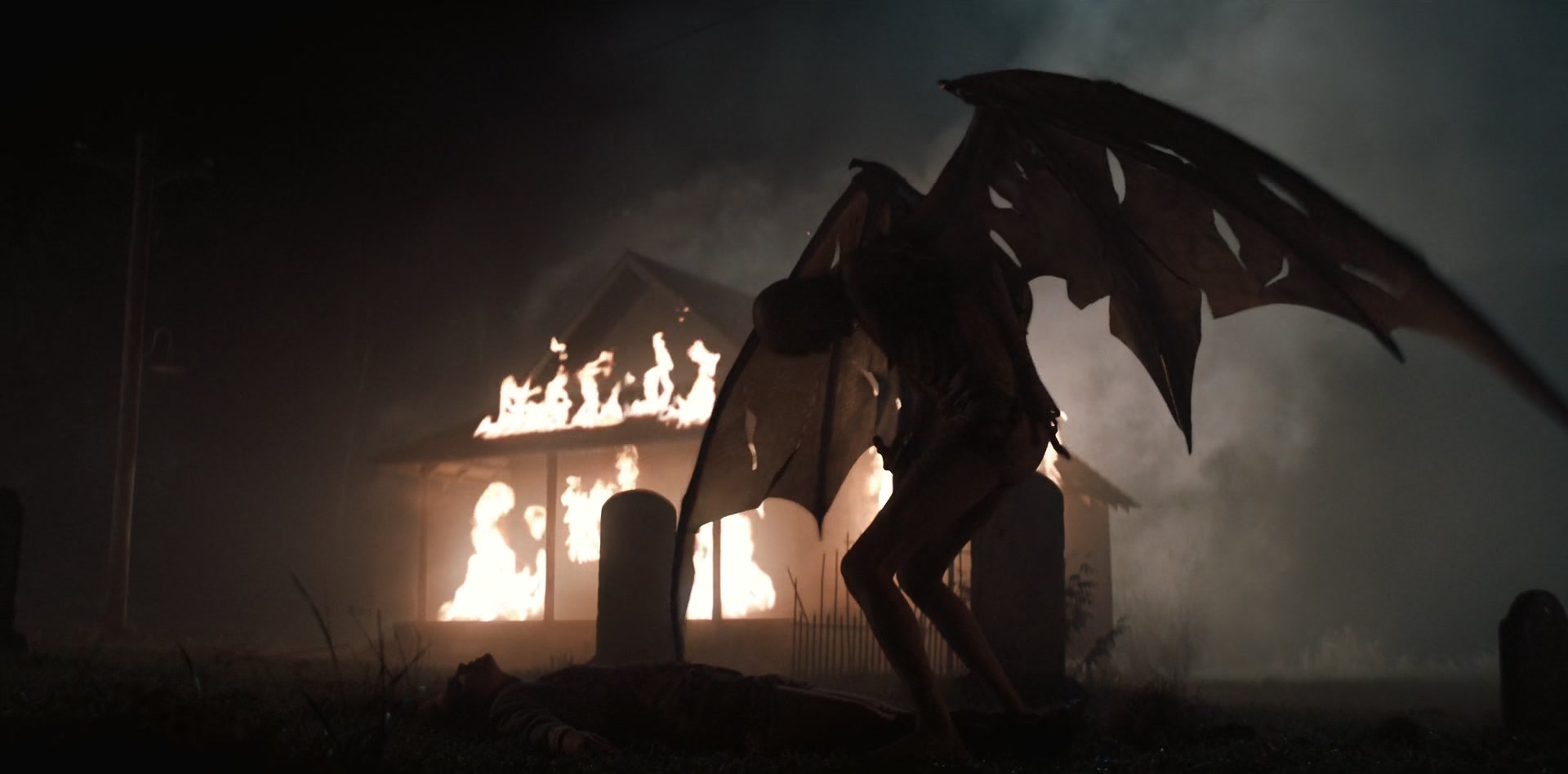
Addiction Is Everywhere, And It’s Not Just For Substances.
Yeah, Riley Flynn’s alcoholism is obvious. He’s the fallen son, the prodigal failure. But addiction in Midnight Mass is way, way bigger than one man and his bottle. Addiction is what happens when hope rots inside a person. You see it in how the town clings to Father Paul. They need him to be their savior, the same way an addict needs their next fix. You see it in how Erin clings to the idea of a child, even after her miscarriage. You see it in how the town lets miracle after miracle roll over them, without asking questions. Psychologists call this trauma bonding, that desperate loyalty to something that’s hurting you, because admitting the hurt feels even worse. Addiction isn’t just to substances. It’s to people, to ideas, to memories, to hope itself. And in Midnight Mass, everybody’s addicted to something they can’t let go of , even when it’s killing them.
Guilt Is A Slow Death
Riley doesn’t die from a vampire bite. He dies from guilt. From the first frame, Riley’s carrying that girl he killed in the drunk driving accident. She’s in his nightmares. She’s in every empty stare he gives to the ocean. In every awkward conversation with his parents. In psychoanalysis, there’s the concept of death drive (Freud’s idea), that deep part of the human psyche that seeks destruction when we can’t live with ourselves anymore. Riley’s not fighting to stay alive. He’s floating toward death like it’s the only thing that makes sense. When he goes out on that boat with Erin, and shows her what he’s become… he’s not choosing to die because he’s brave. He’s choosing to die because he doesn’t believe he deserves to live. Guilt, when untreated, metastasizes into self destruction. And Riley’s just one symptom of a town full of people slowly killing themselves under the smiling banner of “faith.”
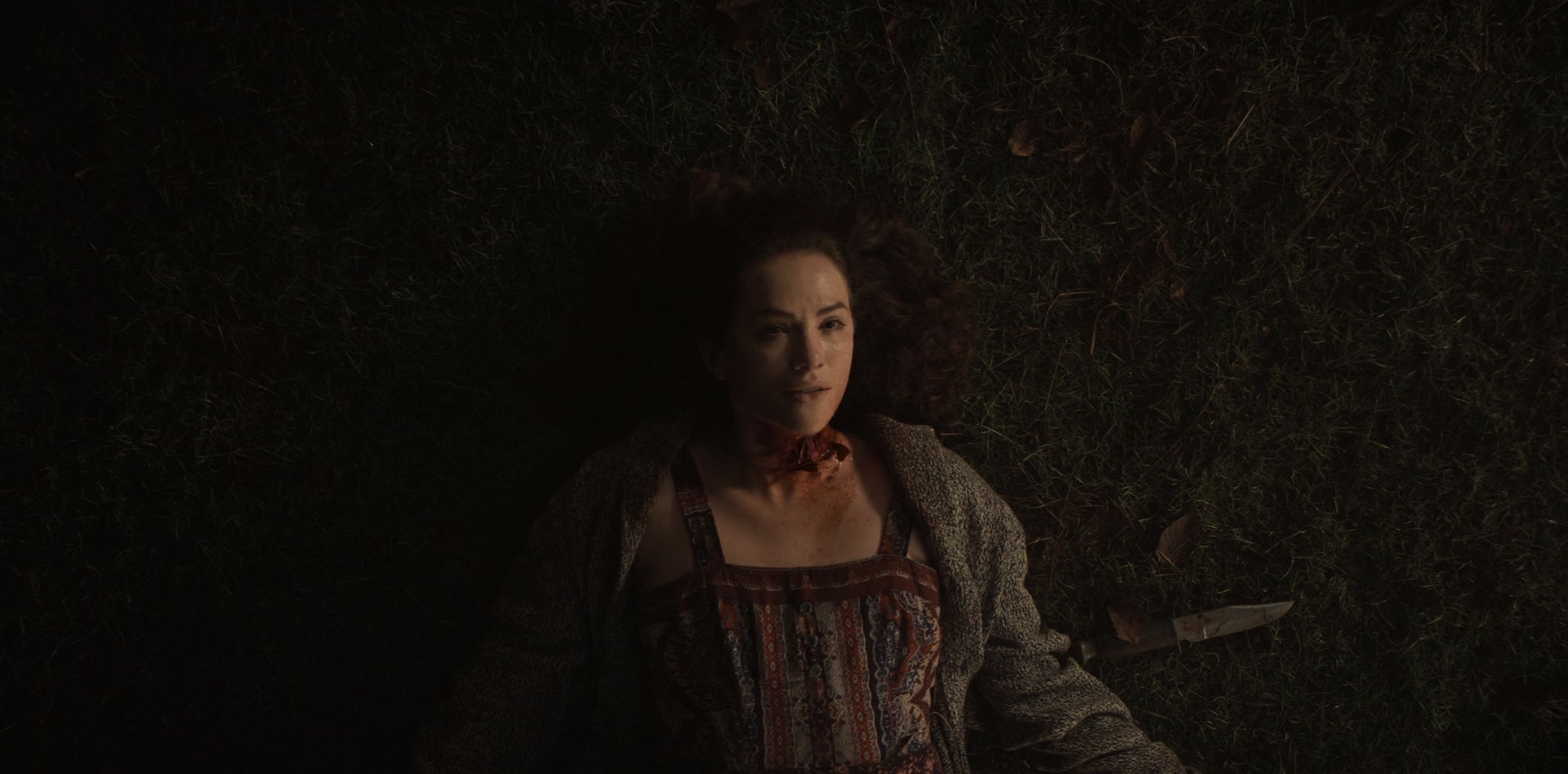
Death Is Terrifying, So We Tell Stories
There’s this incredible monologue late in the show where Erin talks about what she thinks happens after death. It’s one of those scenes you don’t forget. She basically describes death as the slow dissolution of the self back into the universe, like water rejoining the ocean. It’s beautiful. It’s heartbreaking. And most of the town can’t accept it. Instead, they buy into the idea that death can be reversed, postponed, defeated. They’re so desperate to deny death that they let a literal blood drinking creature into their church. Psychologically, this ties back to terror management theory, the idea that all of human culture (religion, art, law, family) exists to protect us from the terror of knowing we’re gonna die someday. Midnight Mass holds up a mirror and says: “Look at what you’ll do to avoid facing it.”
Midnight Mass Isn’t About Vampires, It’s About Us
When you strip away the blood and the crucifixes and the flickering candles, Midnight Mass isn’t horror fiction. It’s psychological realism.
- We are Bev Keane, telling ourselves we’re righteous when we’re just afraid.
- We are Riley Flynn, carrying guilt that eats us from the inside out.
- We are Father Paul, wanting so desperately to undo death that we’ll make deals with monsters.
At its core, Midnight Mass is a story about the human condition, how we mourn, how we hope, how we destroy ourselves trying to dodge the inevitable. It’s not about the monster in the church. It’s about the monsters we become when we can’t accept the things we can’t change.
